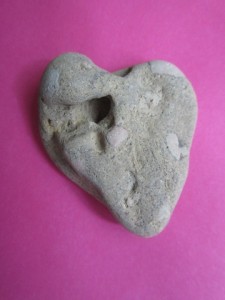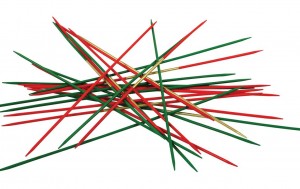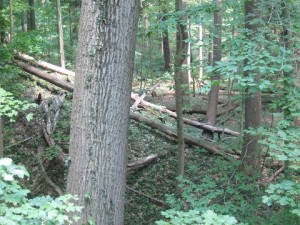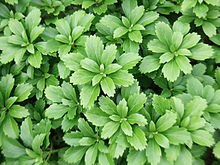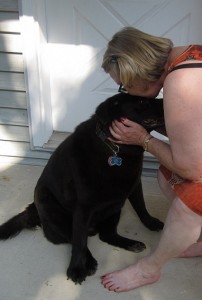Recently at the beach I came across a beautiful heart-shaped stone the size of a fifty-cent piece. As I brushed off the sand, I saw it wasn’t a keeper, because it had a hole all the way through it. I dropped it and stepped over it, but several paces later decided to go back and get it. Suddenly a holey heart seemed more realistic than a perfect heart-shaped rock, a reminder of the wounded hearts common to all of us.
Very few people are strangers to heartbreak. Whether it’s cruel criticism, a betrayed confidence, a personal rejection, or a piece of bad news, everybody gets wounded at one time or another. When Nate received the shock of stage 4 terminal cancer, both of us took a heart-stabbing. Then 42 days later when death snatched him away, a second wound came, at least for me.
Why does God allow us to feel deep heart-hurts? Couldn’t he emotionally anesthetize us, at least a little? A woman in childbirth can opt to be partially paralyzed (temporarily) through an epidural nerve block. She remains alert and participates in the birth, but most of her pain is eliminated. Couldn’t God allow us to experience a broken heart in a similar way, without the stabbing emotional pain that always accompanies it?
A friend of mine, Judy Allen, made an astute observation about all this. Because she’s always looking to “connect the dots to God,” she’s noticed something interesting. She said, “Sometimes the only way into a person’s heart is through a deep wound.”
God is no stranger to hard hearts. Again and again in the Old Testament he describes the children of Israel as having hardened their hearts toward him, and in the New Testament he repeatedly warns us not to harden our hearts for several good reasons:
Scripture says resistant hearts end up as ignorant ones, meaning that people who oppose God are asking for trouble, and usually they find it. He also says hard hearts find it difficult to understand what he wants to teach them. They’re closed off to his wisdom and devoid of spiritual understanding.
As a result, and because he loves us, he’ll step back and permit a deep heart-wounding, but it’s always and only to get a place of entry. Then after that, beneficial things begin to happen. Wounded hearts gradually change from tough to tender, from resistant to receptive, and best of all, from cold to affectionate… toward him. In that condition, a broken heart is ready for his supernatural mending.
I hope I never experience a spiritual heart of stone, but if I do, my holey heart-stone will be a ready reminder of what to do.
“Blessed is the one who always trembles before God, but whoever hardens their heart falls into trouble.” (Proverbs 28:14)
Link to Judy Allen’s blog: www.ConnectingDotsToGod.com

